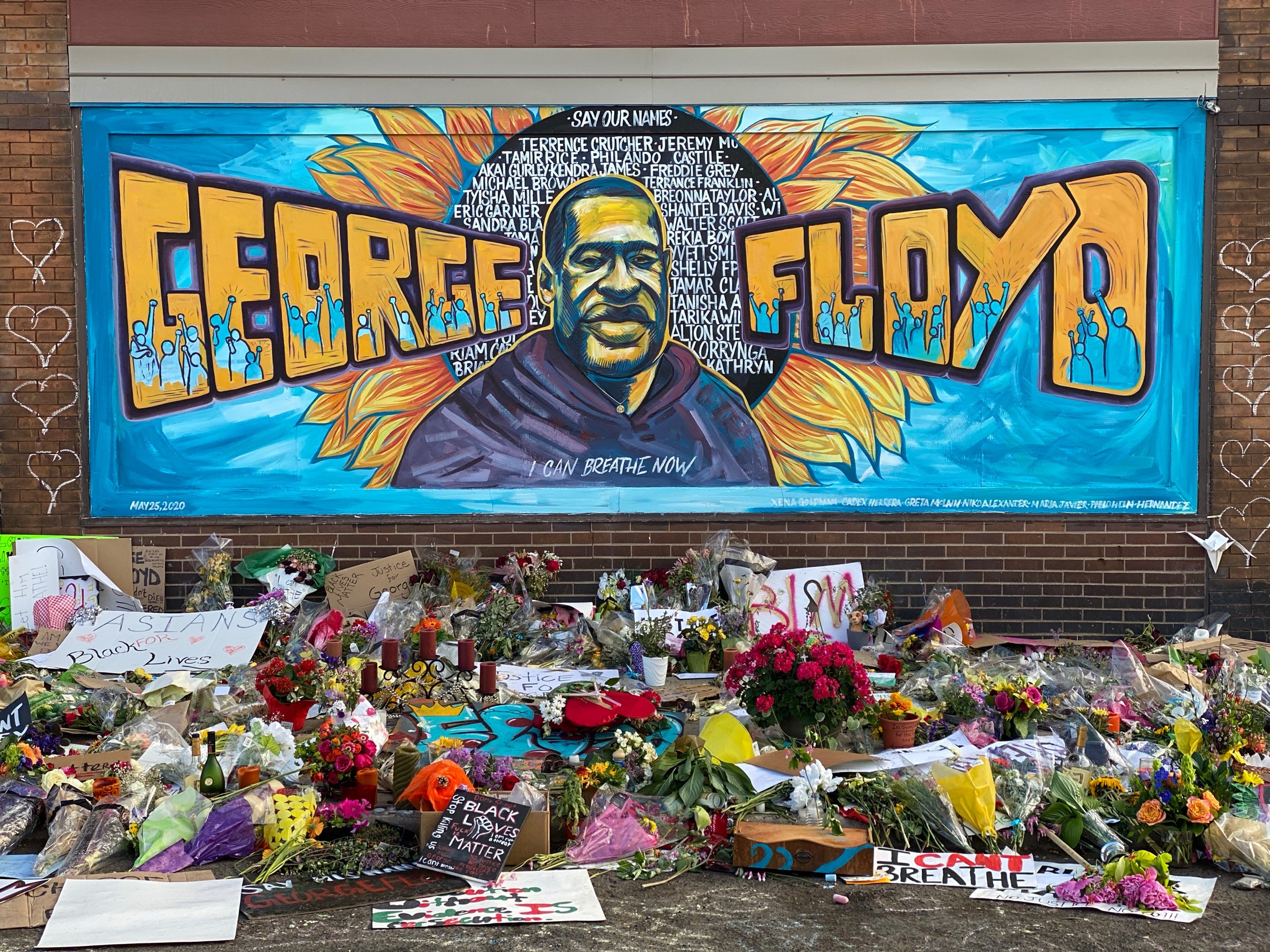The 6 Freedoms and The Black Lives Matter Movement

The Article titled “2020: The Year the Black Lives Matter Movement Shook the World” is about the protests that took place after the tragic killings of George Floyd, Breonna Taylor, and Ahmed Arbery. These killings caused a huge cultural shift, changed the United States socially, and were a big wake up call for how minorities are treated. Citizens had to work to try to stop the spread of racism by standing up for what they believe in and calling for a change in the political system. The protestors have repeatedly insisted on “Defunding the Police.”
The article cites Chanelle Helm, the organizer of the Black Lives Matters movement in Louisville. She states, “Seeing protesters gather day-after-day makes me know what happens in this part of resistance work and fighting for our freedom, and this continual process of seeing people develop these spaces, that we’re doing exactly what we need to do.”
The 3 out of the 6 clauses that are relevant to the article are Petition, Assembly, and Speech. Petition is when the people have the right to implore the government in favor of or against actions that alter them or which they feel strongly about. Assembly is the right to hold public meetings and form associations without interference by the government. The clause about speech in the First Amendment relates to the freedom of people to stand up for their rights and beliefs through writing, speaking, and publishing. Where the idea of petition is shown in the quote is where she discusses her idea about creating a space to fight for freedom. She feels confident that we are going in the right direction when it comes to fighting for what is right and making sure that justice is served for the victims of police violence. She is saying how the people who are protesting are fighting for change and want no more police violence. The right to assemble is an important component to the First Amendment and is seen in the Black Lives Matter movement in the way that people with the same views express their thoughts on certain issues, whether it’d be politically or economically. Petition and assembly both work with free speech really well because assembly is the process of coming together with people who share the same desired ideas as others, which they express through petition.

The protesters are showing their anger and sorrow for all of the countless Black lives that were lost to police brutality. Many of the posters that the protesters were holding said, “No Justice, No Peace,” which is talking about the victims who were killed in police violence including George Floyd. The protesters don’t want George Floyd or the Black Lives Matter movement just to be trending for a moment, they want to carry the message that’s behind Black Lives Matter for years to come. They want other people around the world to take action and try to get them to educate themselves on how they can make a difference (Ex: donate to BLM, end white supremacy, etc). They also want those 4 Police officers who murdered George Floyd to be sentenced to death.
The First Amendment condones free speech, the right to assemble with others for rights and petitioning for changes in the government. What the First Amendment does not condone is when someone destroys private property, even if they are tired of police killing innocent black men simply because of the color of their skin. Rioting, looting and causing destruction to private property is behavior that is claimed to be free speech by the people who feel strongly about a certain issue, but it’s not protected by the First Amendment. For example, when the protests for George Floyd were going on, there were mostly peaceful protesting but there were also elements of violence and looting and people took the protest as an excuse/opportunity to destroy private property like jewelry stores and shoe stores to get things that they wanted, and that is disgraceful behavior that is not condoned by the First Amendment.
2020-the-year-black-lives-matter-shook-the-world
